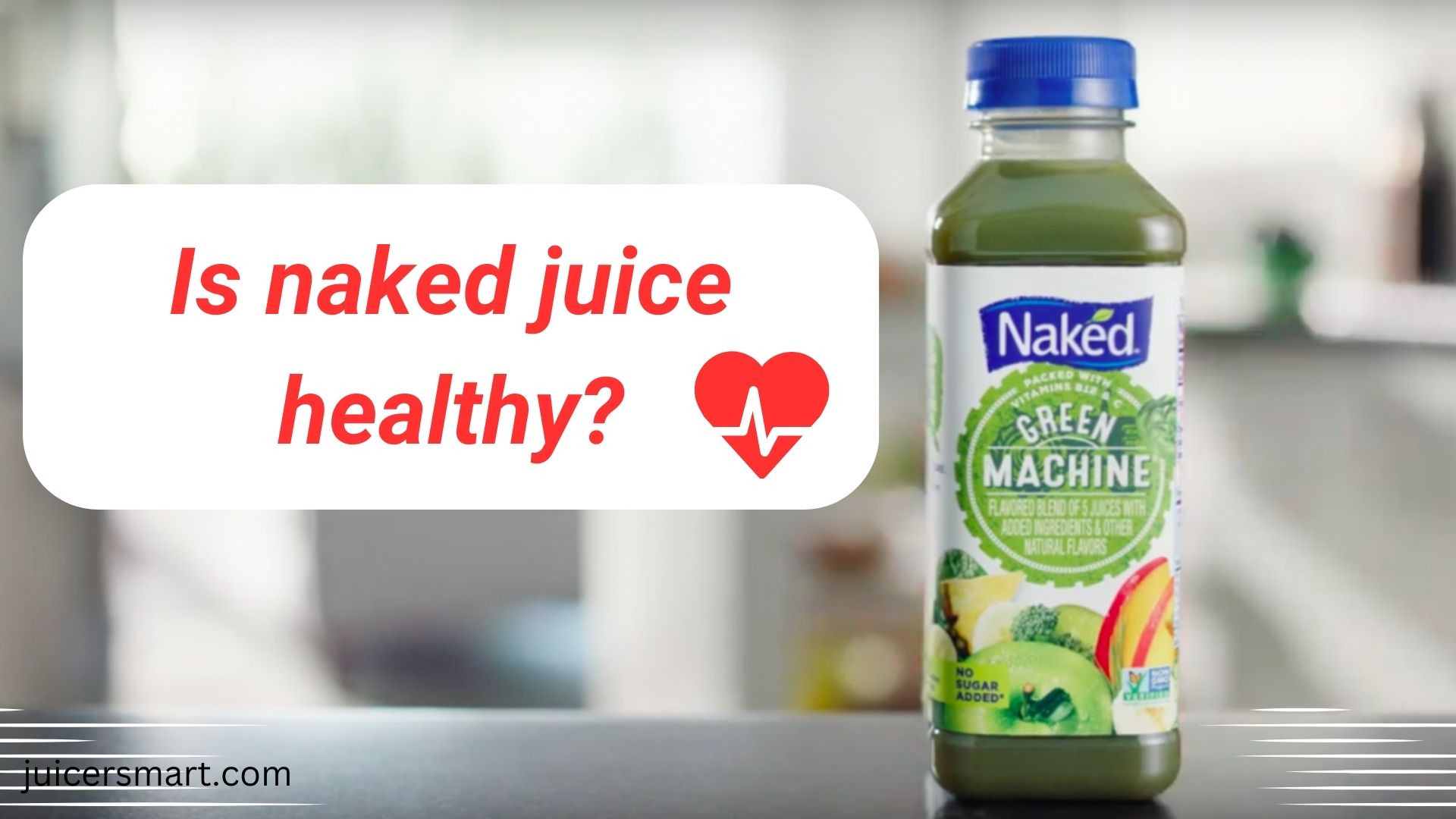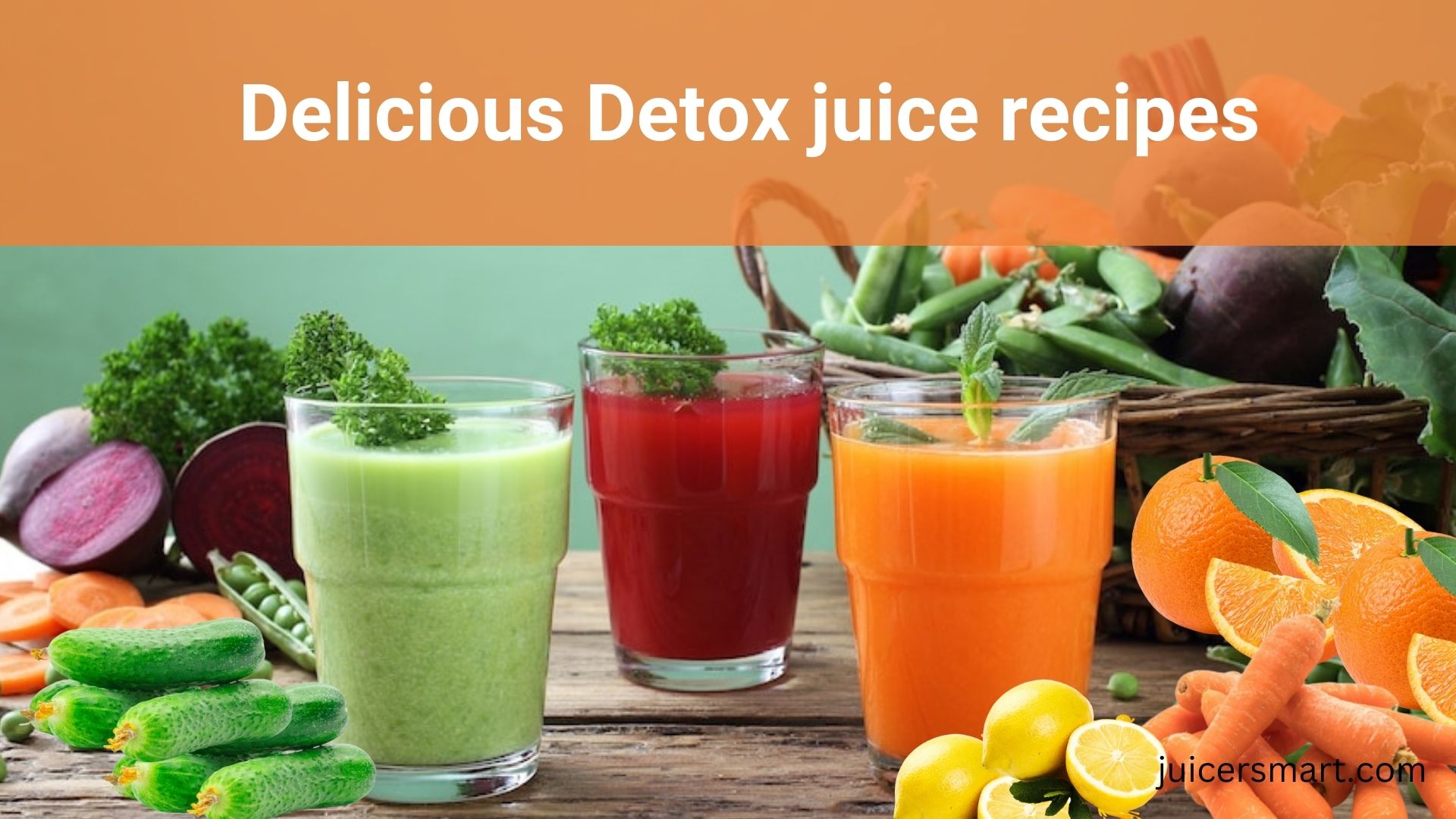Is naked juice healthy?

In the world of convenience beverages, Naked Juice has emerged as a prominent player, often touted as a “healthy” option for those seeking a quick and nutritious pick-me-up. With its vibrant packaging and claims of being packed with fruits and vegetables, Naked Juice has gained a dedicated following. But is it genuinely as healthy as it appears to be?
In this blog post, we’ll delve into the facts about Naked Juice, examining its ingredients, nutritional content, and overall healthiness to help you make an informed decision about incorporating it into your diet.
Ingredients:
One of the first things to consider when evaluating the healthiness of any beverage is its ingredient list. Naked Juice products typically contain a blend of fruit and vegetable juices, purees, concentrates, and various other ingredients. While many of these ingredients are indeed fruits and vegetables, it’s essential to scrutinize the entire list.
- Fruit Concentrate: Some Naked Juice varieties contain fruit concentrates, which can be high in added sugars. It’s crucial to check the label for added sugars, as excessive sugar consumption can have adverse health effects.
- Sweeteners: Some Naked Juice products include added sweeteners, such as agave syrup or apple juice concentrate. These sweeteners can contribute to the overall sugar content.
- Other Additives: Naked Juice products may contain additional ingredients like natural flavors, vitamins, and minerals, which can vary by flavor.
Nutritional Content:
To determine the healthiness of Naked Juice, let’s take a closer look at its nutritional content:
- Calories: Naked Juice products can range widely in calorie content, with some containing over 300 calories per bottle. Be mindful of portion sizes to avoid excessive calorie intake.
- Sugar: The sugar content of Naked Juice can be a concern. Some varieties can contain a significant amount of added sugars, contributing to a high-calorie load. Opt for lower-sugar options or dilute your juice with water if needed.
- Fiber: While Naked Juice does provide some fiber from the fruits and vegetables used, it generally contains less fiber than whole fruits and vegetables.
- Vitamins and Minerals: Naked Juice products often highlight their vitamin and mineral content, which can be beneficial. However, whole fruits and vegetables typically provide a broader spectrum of nutrients.
- Protein and Fat: Naked Juice is not a significant source of protein or fat.
Health Considerations:
- Sugar Content: Be cautious about the sugar content in Naked Juice products. High sugar intake can lead to weight gain and other health issues. It’s best to choose varieties with no added sugars or limited added sweeteners.
- Portion Control: Drinking a full bottle of Naked Juice in one sitting may provide more calories and sugar than you need. Consider dividing it into smaller servings or diluting it with water.
- Whole Foods: While Naked Juice can be a convenient way to consume fruits and vegetables, whole fruits and vegetables offer more fiber and are generally a healthier option.
In summary, Naked Juice can be a convenient way to incorporate fruits and vegetables into your diet, but its healthiness depends on the specific product you choose. Pay attention to the ingredient list, sugar content, and portion size when considering Naked Juice as part of your nutrition plan. While it can be a nutritious option when chosen wisely, whole fruits and vegetables should remain the foundation of a healthy diet.



Leave a Reply